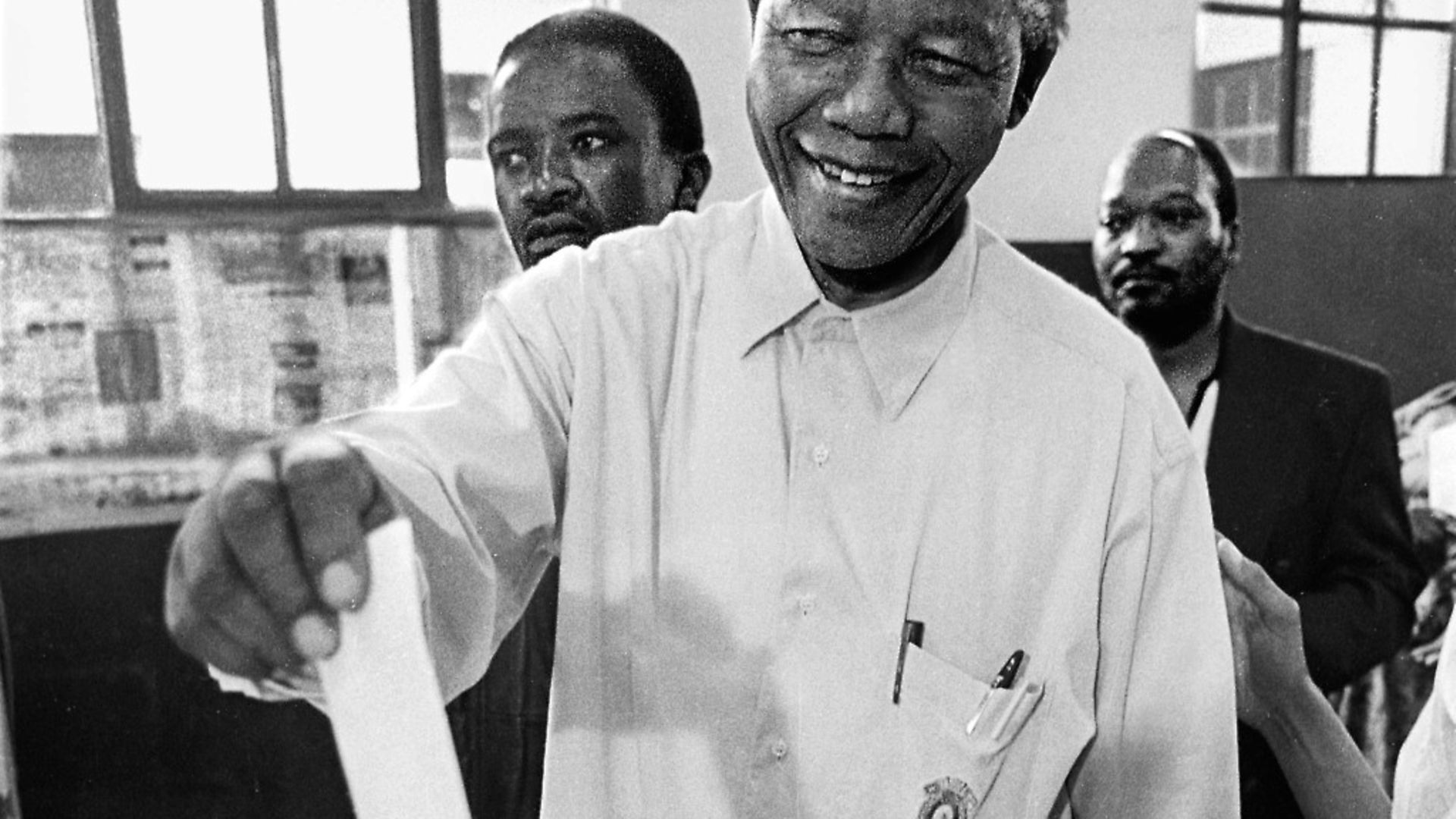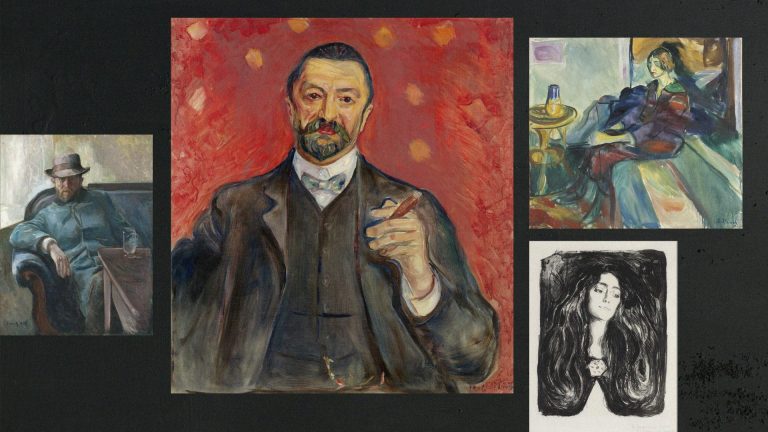
A new exhibition about the great man paints a very selective picture of the country he was born into and its corporate interests, says Andy Higginbottom
The Mandela and Me exhibition at the British Council in London marks the centenary of Nelson Mandela’s birth in 1918. It is sponsored by Anglo American, the mining giant that was the biggest corporation in South Africa during apartheid and has, since 1999, been headquartered in London.
This corporate connection influences the narrative that is spun at the exhibition. For example, it completely ignores Anglo’s own role as a founder and principal beneficiary of both British colonial rule and, later, the apartheid regime.
A film shown as part of the exhibition features young South Africans relaying what Mandela means for them. They appear inspired. Yet, I couldn’t help feeling that this was an exercise in the construction of public memory that has connotations of manipulation.
The inter-generational theme is repeated in the form of Mandela’s image, constructed as a mosaic of young South African faces. There is also a section interspersing anti-apartheid movement placards with protest concerns today.
Choices have been made in this selection. The British Council building is just off Trafalgar Square, close to the South African embassy, the scene of a non-stop picket to release Mandela and all political prisoners from April 1986 until just after his release from prison in February 1990. The picket doesn’t warrant a mention.
The exhibition shows video loops on Mandela’s life and apartheid. What’s missing is that Mandela was born into a British colony, founded after the second Anglo-Boer war, to secure the country for immensely profitable gold and diamond mining interests.
It was into this racial capitalism, already established 100 years ago, that Anglo American – the corporation – and Nelson Rolihlahla Mandela – the person – were born.
For most of the 20th century South Africans were ruled by the white minority. Their role was accepted by successive UK governments as long as profits flowed to the City of London (of which, again, no reference in the exhibition).
The narrative of black struggle against oppression has been co-opted. Mandela and Me applies another lick of paint to the ever thickening layers of corporate whitewash.
In 2017, Anglo American celebrated its own centenary. The company’s story about itself is unsurprisingly sanitised. You won’t find anything about colonial labour exploitation, or even apartheid. So, what is the untold history?
In the middle of the First World War, Ernest Oppenheimer bought into goldfields that were being opened up on what was known as the Far East Rand. Anglo American was formed to attract US and UK finance. By 1928, Anglo was a middle ranking gold producer. In 1929 it took over the De Beers diamond monopoly, and by 1958 it had become the biggest mining company, as academic Duncan Innes wrote in his seminal study, Anglo American and the Rise of Modern South Africa.
Anglo paid African workers industry standard rates, which were a tenth of white workers’ pay. Anglo’s affiliate De Beers had already built its diamond business by paying extreme poverty wages to migrant workers held in prison-like compounds, as Innes wrote. At the urging of mining magnate and prime minister of the Cape Colony, Cecil John Rhodes, the same labour system was transferred to the gold mines.
Mandela was born in the Eastern Cape, one of the labour reserve areas. Cheap labour required dispossession that had already been institutionalised under British colonial rule. In 1913 the Natives Land Act was passed, designating 87% of the land for white ownership.
In 1948, the National Party won the election and institutionalised apartheid. The regime imposed even more segregation, intensifying discrimination. Pay differentials increased up to 20 to one by 1970. Anglo American’s business boomed during the apartheid era, and by 1990 the group was South Africa’s dominant economic actor.
The British Council’s wider purpose is to generate ‘soft power’, as acknowledged in its 2012 report Influence and Attraction. The then foreign secretary William Hague wrote in the foreword: ‘Britain remains a modern day cultural superpower.’
Indeed. This exhibition begs the question when does cultural superpower become cultural imperialism?
The exhibition extracts from the anti-apartheid struggle what can be reshaped into a cultural asset of soft power empire.
The iconisation of Mandela goes well beyond this exhibition, but this is a particularly blatant attempt to harness his legend to a corporate agenda.
After his release from 27 years in prison, Mandela was heavily courted by Anglo’s Oppenheimer and then British prime minister Margaret Thatcher as the moderate solution in the end game of apartheid.
My view, as an activist scholar, is that the pressure worked, and Mandela made a U-turn and decided not to nationalise the banks and mines, as promised in the ANC’s strategic programme, the Freedom Charter.
Huge economic interests are still involved. London is the world’s financial centre for mining majors. Anglo made $5.5 billion operating profits worldwide in 2017, of which some $3 billion came from South Africa. The Johannesburg-London axis constructed by Rhodes still revolves.
Why should this matter? The British Council’s mission to build trust between peoples is fundamentally undermined by its co-option by corporate interest. Britons need to challenge the official narratives that leave out the imperialism of their establishment. Where the exploitation continues, the struggle continues.
Andy Higginbottom is associate professor of international politics, human rights and social justice at Kingston University; this article also appears at theconversation.com






